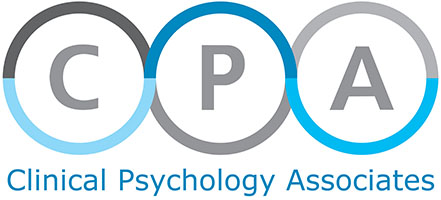Buy a car and you get a wonderful machine, ready to go for thousands of miles and, likely, many years. You also get a hefty owner’s manual with operating instructions and lots of written reminders for yearly check-ups and tune-ups. Chances are you’ll have several years of warranty, and of course, if something is seriously wrong, you can take it back.
Find a partner-and you’re on your own. There is no owner’s manual. No operating instructions, warranty or guarantees for the road ahead.
“Think about it: the requirements for a driver’s license are tenfold the requirements for a marriage license,” writes Phil McGraw, Ph.D., in his book Relationship Rescue. He adds, “The very society that has taught you that it is good and right and natural to share your life with another person…never bothered to teach you how to do that.”
Most of us can do without a car if need be, but few of us want to do without love. Within most of us there is a basic human longing for connection and relationships with others. For many, the backdrop of a loving, committed relationship gives us the space to learn about ourselves and grow deeper as we age.
Like cars, relationships need maintaining and regular tune-ups. But because they don’t come with operating instructions, below is a simple maintenance guide to help you keep your love relationship strong, healthy and on the road for years.
Know What Kind of Driver You Are
Recent research has shown several things strengthen a marriage and other long-term partnerships: communication, honesty and spending time together. Just as important is knowing yourself and what you bring to a relationship. When you connect with yourself, and work on those challenging parts of yourself, you create a stronger and better partner for someone else. That isn’t just true in the first flush of falling in love, it’s true for the many years that follow. “Being intimate with ourselves is the necessary foundation for being intimate with others,” writes John Amodeo in Being Intimate: A Guide to Successful Relationships.
It’s Not Always the Other Driver’s Fault
Taking responsibility for your feelings and actions is one of the greatest gifts you can bring to a relationship. You know that “other guy” who’s the worst driver on the road? That just might be you. Own up to what’s yours, and be clear with your partner about what you’re feeling or needing. Try not to make your problems their fault.
Watch the Warning Lights
Cars give us little signs that something is wrong-perhaps the wheels are out of alignment or the oil light goes on. Our partners or spouses also send little warning signs that something is not quite right, and it’s better to deal with the problems in the early stages, so that everything is in good working order when real crisis hits. After all, when another car pulls out in front of you, that’s not the time to wonder if you had the brakes checked.
A Wash and Wax Doesn’t Hurt
Are you a road hog? An impatient and irritable driver? Do you refuse to let someone into line during traffic or lean too heavily on your horn? Try a little tenderness. Sometimes we treat people we don’t know a lot better than the ones we’ve lived with for years, and we forget simple courtesies: a loving tone, a touch, a word of appreciation.
Accept the Little Dents and Scratches
Even the “perfect” car turns out to have quirks and challenges. So do our partners-those “perfect” people we fell in love with once upon a time. Before you get angry, decide which issues are worth pursuing, and let the rest go.
Bless This Car
How many of us are grateful for this metal conglomeration of thousands of parts that somehow work together to take us to where we want to go? The same goes for our love relationships. Stop, turn off the ignition and take a moment to be grateful for your spouse or partner and the love you both share.
Get Help Before the Engine Fails
Like a car, you can fix many of the small problems in a relationship by yourself. But sometimes that ominous clanking under the hood is a signal that something is seriously wrong and a quick fix won’t work. That’s when it’s time to find a “relationship mechanic”-that is, a counselor or therapist-who will help you diagnose what’s wrong, and guide you on getting your relationship back on the road.
A relationship with another human being is so much more complex than owning a car. So, too, is the work required to keep a long-term relationship vibrant, passionate and strong. In the end, maintaining something that enriches us is surely worth the investment.
Author’s content used under license, © 2008 Claire Communications

